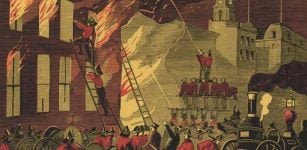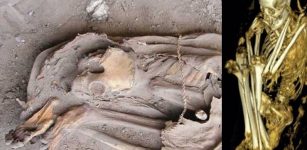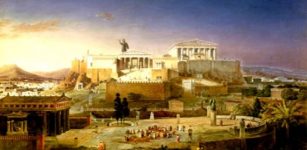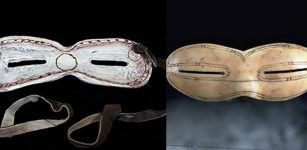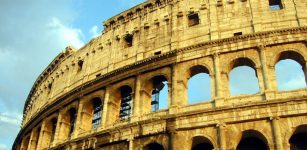First Crusade Was Launched In 1095
MessageToEagle.com – In 1095, at the town of Clermont in central France Pope Urban II made an official call for a “Holy War”. The Pope stated: ‘Whoever for devotion alone, but not to gain honor or money, goes to Jerusalem to liberate the Church of God can substitute this journey for all penance.’
This was the beginning of the beginning of the crusading era and centuries of religious conflict.
The crusades were a significant and long-lasting movement that saw European Christian knights mount successive military campaigns in attempts to conquer the Holy Land.
The religious campaign started as a widespread pilgrimage and ended as a military expedition by Roman Catholic Europe to regain the Holy Lands taken in the Muslim conquests of the Levant (632-661), ultimately resulting in the recapture of Jerusalem in 1099.
The crusades had a huge impact on medieval life in Britain. People from all walks of life were involved.

During the crusade, knights, peasants and serfs from many regions of Western Europe traveled over land and by sea, first to Constantinople and then on towards Jerusalem.
The Crusaders arrived at Jerusalem, launched an assault on the city, and captured it in July 1099, massacring many of the city’s Muslim, Christian, and Jewish inhabitants. They also established the crusader states of the Kingdom of Jerusalem, the County of Tripoli, the Principality of Antioch, and the County of Edessa.
The fight for Christianity was extremely important to the Crusades. Richard the Lionheart (r1189–99) considered the quest to conquer the Holy Land to be so important that he was absent from England for many years of his reign, waging war in the Middle East.
See also:
Knights Templars’ Jacques de Molay Burned At The Stake – On Mar 18, 1314
Muslims in the Holy Land were not the only target of the crusades. Crusade campaigns were directed against a variety of people viewed as enemies of Christendom. Military campaigns against the Moors in Spain and Mongols and pagan Slavs in Eastern Europe have now also been recognized by historians as part of the crusade movement.
The crusading campaigns had a significant impact on global relations. These military actions led to an unprecedented interaction between east and west, which had an enduring influence on art, science, culture and trade. Meanwhile the shared fight for Christendom arguably also helped to foster ideological unity within Europe.
The First Crusade (1096–1099) was the first of a number of crusades that attempted to capture the Holy Lands. It was later followed by the Second Crusade (1147–1149) announced by Pope Eugene III.
MessageToEagle.com
Expand for references




